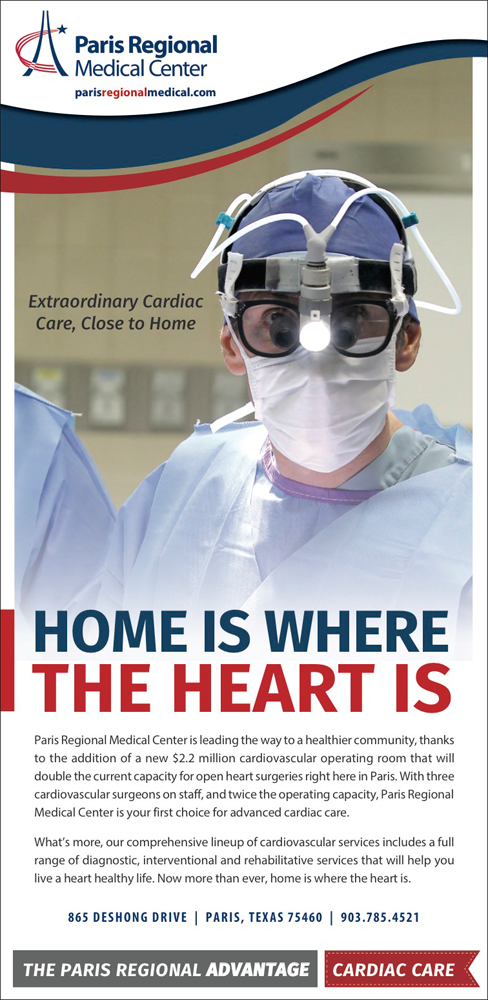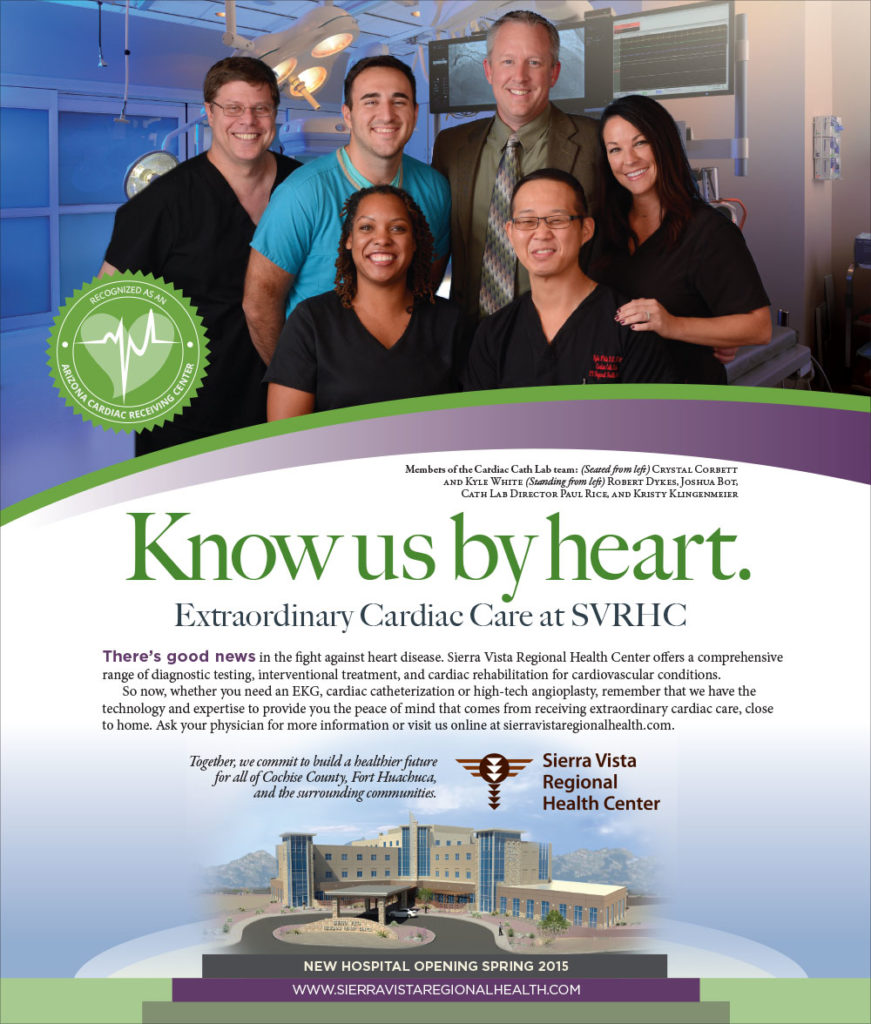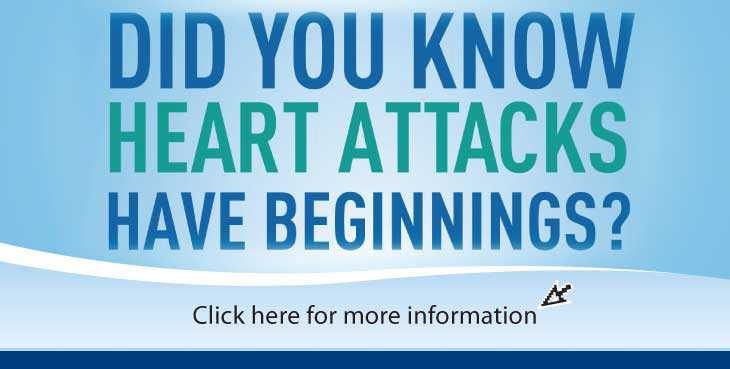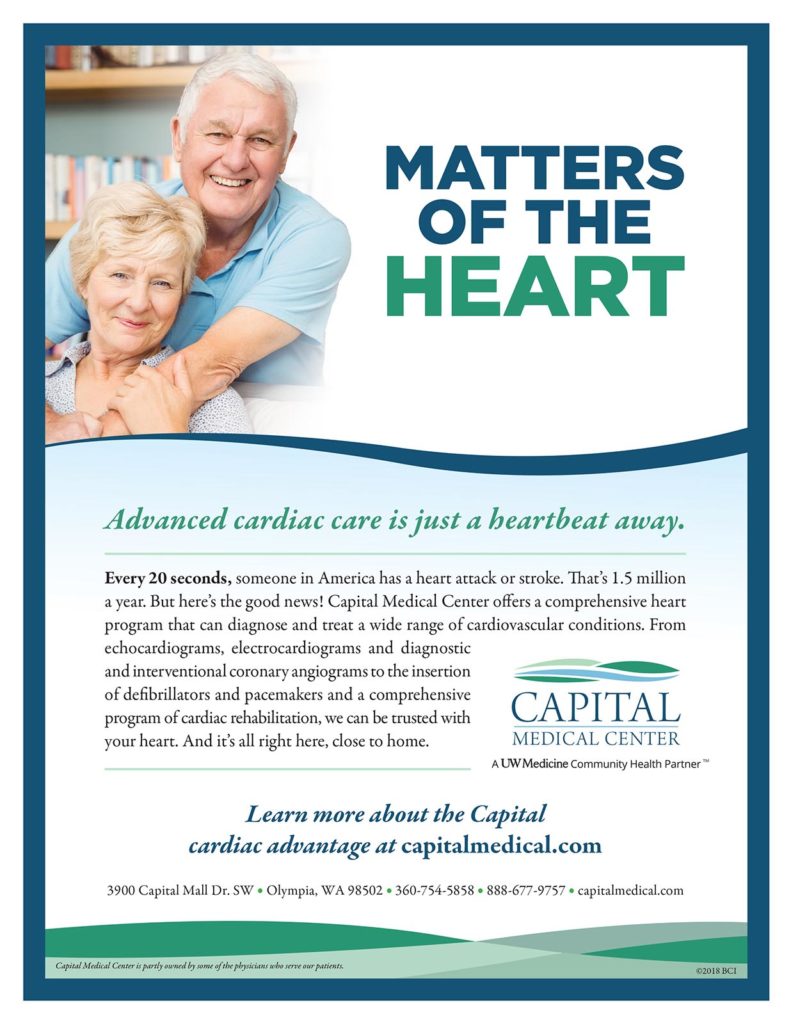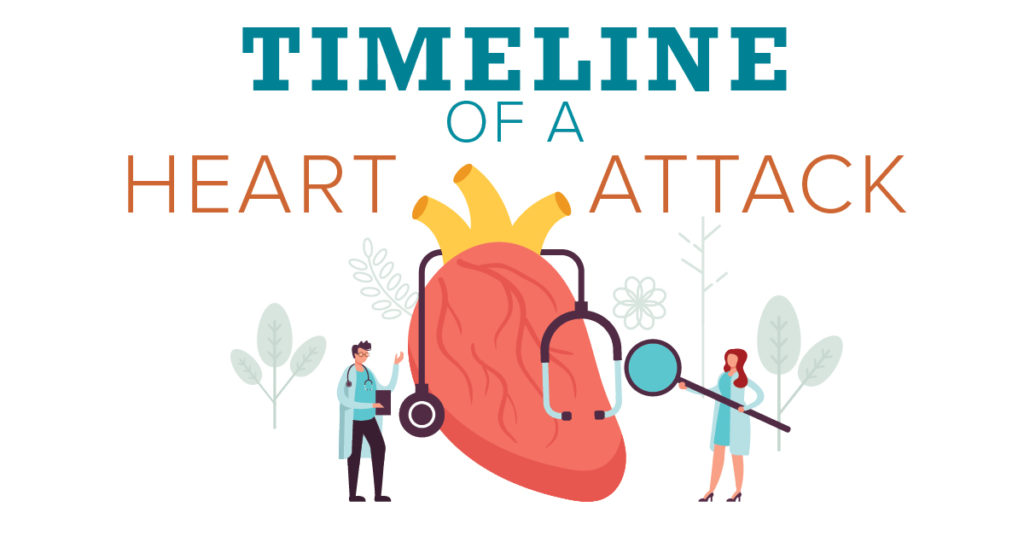
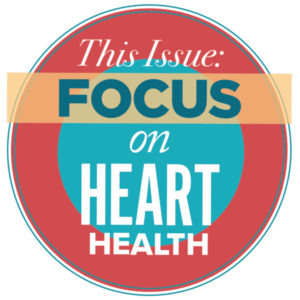 The survival rate for people hospitalized with a heart attack is higher than 90%.
The survival rate for people hospitalized with a heart attack is higher than 90%.
In the next 40 seconds, someone in America will have a heart attack. That’s more than 800,000 heart attacks each year. If you or a loved one thinks you are having a heart attack call 911 immediately and get to a hospital, where specially trained medical professionals stand ready 24/7 to provide life-saving care when every second counts. Here’s a timeline of what happens during a typical heart attack.
Years in the Making
Heart attacks don’t happen overnight. They can take years to develop. An unhealthy diet and lack of exercise can cause too much fat and cholesterol to build up in your bloodstream. Over the years these bad habits, combined with genetic factors, can cause plaque to form inside the blood vessels. Plaque is a harmful substance that narrows the blood vessels, reducing the blood flow to all parts of your body, including your heart.
Symptoms Begin
When a person’s coronary arteries become fully or nearly constricted a heart attack occurs. Chest pain is the most common symptom, sometimes accompanied by pain that radiates to an arm, neck, jaw or back as well as nausea, vomiting, sweating and heart palpitations. People describe the sensation as an uncomfortable pressure, squeezing or fullness in the chest. The discomfort lasts more than a few minutes or goes away and comes back. However, one in three people who have a heart attack do not experience chest pain.
The Damage Starts
During a heart attack, damage to the heart can occur fairly quickly. Without oxygen the heart starts to die, which can cause permanent scarring. The amount of damage depends on the size of the blockage, where the blockage occurs in the heart, and how quickly medical help arrives. Any damage to the heart releases proteins called troponin T and troponin I into the bloodstream. At the nearest Emergency Department, a blood test can be performed that checks for elevated levels of troponin to confirm if your chest pain is indeed a heart attack.
When your heart is not functioning normally your vital organs—brain, lungs, kidneys and liver— will be damaged and eventually start to shut down. The more severe the heart attack the faster this occurs. Blood pressure drops. Brain cells start to die, resulting in vision loss, impaired movement, slurred speech, unconsciousness and even cardiac arrest, a quickly fatal condition when the heart stops beating altogether. Heart attacks in which an artery is completely blocked are particularly dangerous. Two out of five heart attacks fall into this category.
Your Most Critical Decision
The survival rate for people hospitalized with a heart attack is higher than 90 percent. If you or a loved one is experiencing the signs of a heart attack call 911. Even if you’re not sure it’s better to be safe than sorry
Source: CDC, American Heart Association, verywellhealth.com
Marketing Application
Heart Disease is the leading cause of death for both men and women in the United States. At any time during the year, it is appropriate to raise awareness about heart disease and the wide range of heart health services available through your hospital and clinics. Cardiologists, internal medicine providers and cardiac rehab specialists are the appropriate voices to promote this awareness. Effective marketing tools might include social media, digital media and print, in tandem with a strong call to action to learn more about heart disease and to schedule an appointment with a local provider.
About Brentwood Communications, Inc.
Brentwood Communications specializes in healthcare marketing. Through our monthly AdBank subscription service, thousands of field-tested marketing materials — including content related to heart health — are available and can be easily customized to reflect your hospital or clinic’s existing brand.
Click here to discover more about AdBank and how Brentwood Communications specializes in providing marketing support for non-urban hospitals.

Brentwood Communications also helps hospitals stay in touch with their communities through an informative and cost-effective digital and printed magazine called My Hometown Health, a powerful tool to help promote better health and raise awareness of key services available at the hospital. Grammy and Dove Award winner Amy Grant is featured in the current Winter 2022 magazine. Amy talks openly about her open-heart surgery and encourages readers to live a heart-healthy life.
Brentwood Communications makes creating and publishing a customized, local community health magazine easy and convenient. Click here to learn more, or contact us by email.

